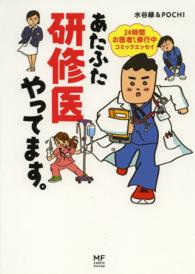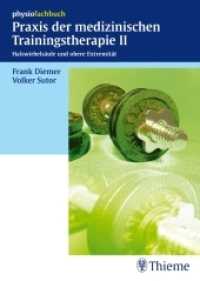Full Description
A generic statement is a type of generalization that is made by asserting that a "kind" has a certain property. For example we might hear that marshmallows are sweet. Here, we are talking about the "kind" marshmallow and assert that individual instances of this kind have the property of being sweet. Almost all of our common sense knowledge about the everyday world is put in terms of generic statements. What can make these generic sentences be true even when there are exceptions? A mass term is one that does not "divide its reference;" the word water is a mass term; the word dog is a count term. In a certain vicinity, one can count and identity how many dogs there are, but it doesn't make sense to do that for water--there just is water present. The philosophical literature is rife with examples concerning how a thing can be composed of a mass, such as a statue being composed of clay. Both generic statements and mass terms have led philosophers, linguists, semanticists, and logicians to search for theories to accommodate these phenomena and relationships.
The contributors to this interdisciplinary volume study the nature and use of generics and mass terms. Noted researchers in the psychology of language use material from the investigation of human performance and child-language learning to broaden the range of options open for formal semanticists in the construction of their theories, and to give credence to some of their earlier postulations--for instance, concerning different types of predications that are available for true generics and for the role of object recognitions in the development of count vs. mass terms. Relevant data also is described by investigating the ways children learn these sorts of linguistic items: children can learn how to sue generic statements correctly at an early age, and children are adept at individuating objects and distinguishing them from the stuff of which they are made also at an early age.
Contents
PREFACE; INTRODUCTION; II. MASS TERMS; INDEX








